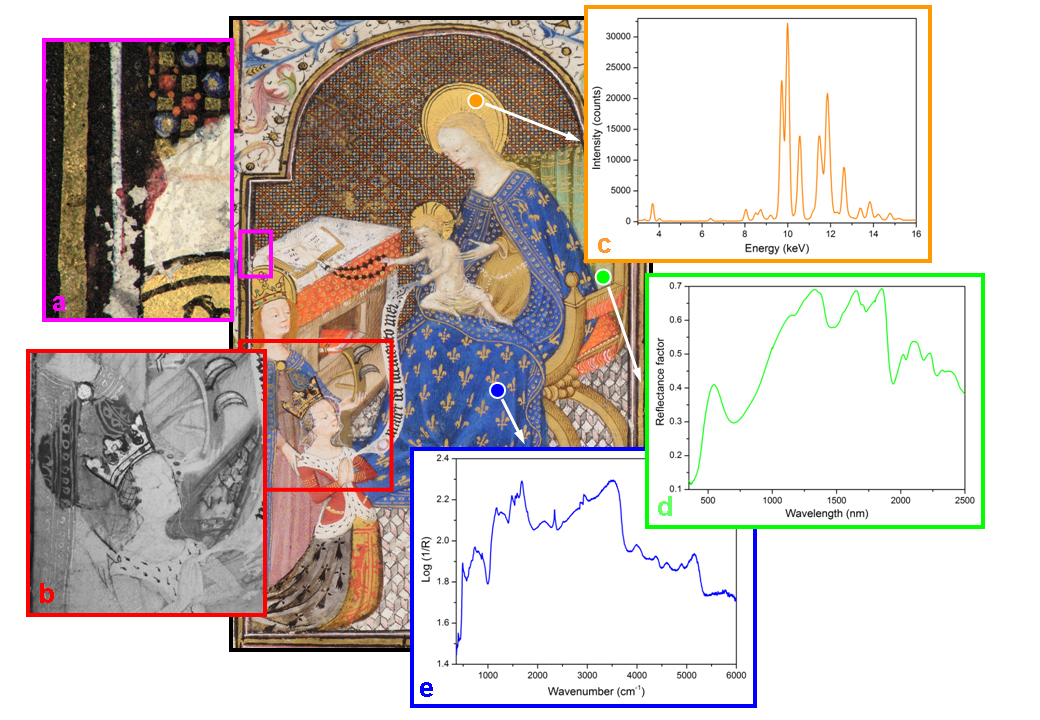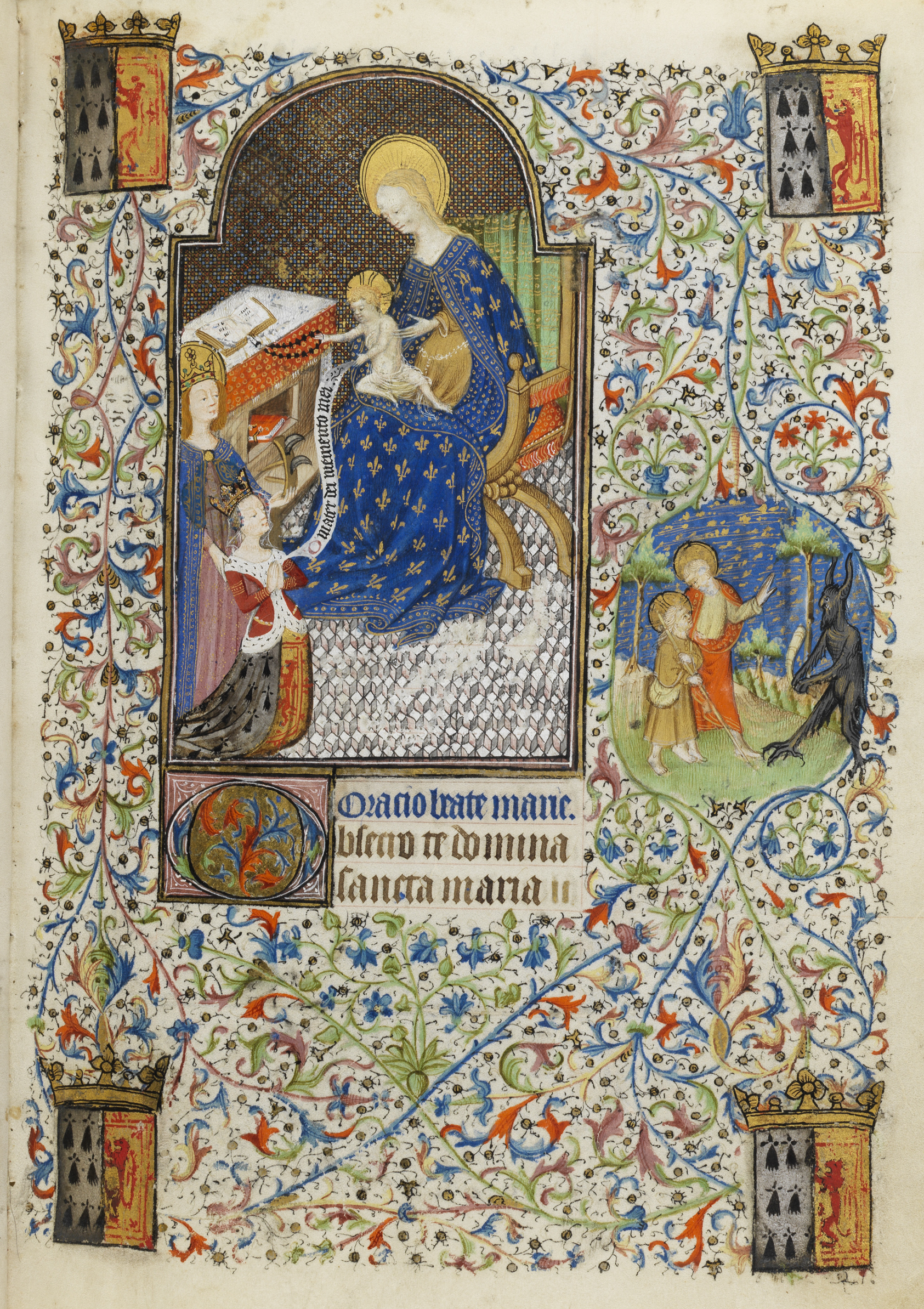17 October
- David Kaiser, ‘Making tools travel: pedagogy and the transfer of skills in postwar theoretical physics’, in David Kaiser (ed.), Pedagogy and the Practice of Science (Cambridge, MA: MIT Press, 2005), pp. 41–74
- Ursula Klein, ‘Paper Tools in Experimental Cultures’, Studies in History and Philosophy of Science 32 (2001), pp. 265–302
Supplementary:
- Andrew Warwick, ‘A mathematical world on paper: written examinations in early 19th century Cambridge’, Studies in History and Philosophy of Modern Physics 29 (1998), 295–319
31 October
- Lisa Gitelman, Introduction and Chapter 3 in Paper Knowledge: Toward a Media History of Documents (Durham, NC: Duke University Press, 2014)
Supplementary:
- Markus Krajewski, Paper Machines: About Cards and Catalogues, 1548–1929, translated by Peter Krapp (Cambridge, MA: MIT Press, 2011)
14 November
- Ben Kafka, ‘Paperwork: the state of the discipline’, Book History 12 (2009), pp. 340–53
- Ann Blair, Chapters 1 and 2 in Too Much to Know: Managing Scholarly Information before the Modern Age (New Haven, CT: Yale University Press, 2010)
Supplementary:
- Lisa Jardine and Anthony Grafton, ‘”Studied for Action”: How Gabriel Harvey Read His Livy’, Past & Present 129 (1990), pp. 30–78
- Jeffrey Todd Knight, ‘”Furnished” for Action: Renaissance Books as Furniture’, Book History 12 (2009), pp. 37–73
28 November
- Nick Hopwood, Simon Schaffer and Jim Secord, ‘Seriality and scientific objects in the nineteenth century’, History of Science 48 (2010), pp. 251–85
- James Delbourgo and Staffan Müller-Wille, ‘Introduction: Listmania’, Isis 103 (2012), pp. 710–15
Supplementary:
- Papers in both special issues, especially Volker Hess and J. Andrew Mendelsohn, ‘Case and Series: medical knowledge and paper technology 1600–1900’, History of Science 48 (2010), pp. 287–314

